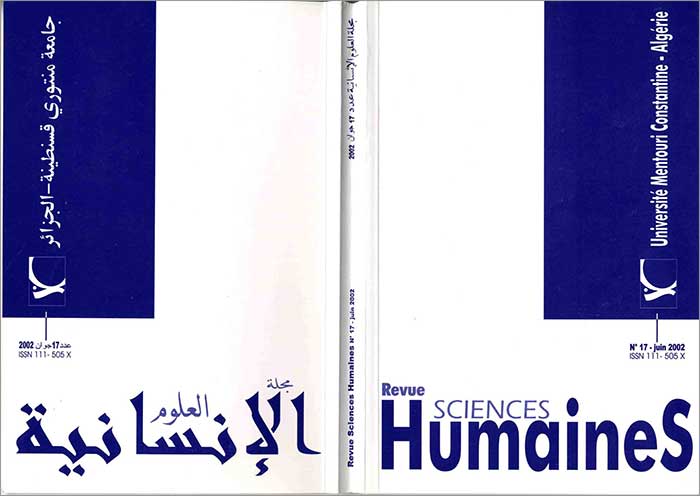For a better quality of management education
Abstract
As globalisation is not anymore a dream or a simple idea, but a real and hard fact, a number of important aspects are becoming strategic issues. Among others, one could namely mention the out-borders transfer of goods, services, funds or capital, technology, manpower, information and scientific and technological knowledge. Obviously, industrial firms, business companies, financial, educational and research institutions are all and directly concerned.
As the act of management implies necessarily taking decisions about all activities concerning all forms of organisations, overall performance could not be high, thus the integration into the world economy successful, unless if decisions makers are themselves well trained and armed. This should imply the following requirements: Acquiring modern conceptual tools; Being aware of best practice techniques; Having good imagination and wide culture; And mastering a number of languages. Henceforth, a high quality management education, both in public and private institutions, becomes absolutely essential. Consequently, any graduate lacking such requirements would be a bad manager of the future.
The present author has a relatively long teaching experience in management sciences and managerial economics; He also has some deep thoughts about inadequacies of management training, in some of theMaghrebcountries, to the present global market conditions. On this basis, he wishes to make a modest contribution to how performances of both management schools and actually trained and future business managers should be improved in order to successfully face the challenges of the next century. In essence, he believes that the opening of private business schools in developing countries cannot be left to become a matter of financial opportunities or a simple privatisation issue. The content of courses and the teaching methods are critical questions.
Downloads
References
Ben Dhia, H. (1994), "Place de la Culture et des Sciences Humaines dans la formation des ingénieurs en Tunisie", Conference proceedings, Sfax, Tunisia, December.
Choffray, J.M. et al, (1980), "L’Enseignement de la Gestion en France: Une Analyse Comparative des Attentes", ESSEC Working Paper.
Dore, R. (1976), "The Diploma Desease: Education, Qualification and Development", University of California Press, Berkley and Los Angeles.
Dou, H. (1998), "Veille Stratégique et compétitivité", Dunod, Paris.
Dossier, (1995), "La Formation", Mutations, 14, 4-35.
Dossier, (1995), "Maintenir la capacité d’enseigner dans des universités Africaines: problèmes et perspectives", Findings, n° 39 - 41, Octobre, pp. 1-3.
Fusfeld, U.I. and Haklisch, C.S. (1984), "University-Industry Research Interactions", Pergamon Press, New York.
Hanusheck, E.A. (1995), "Interpreting Recent Research on Schooling in Developing Countries", Research Observer, vol. 10, n° 2, August, pp. 227-246.
Mokadem, A. Editor (1993), "Culture et Gestion", OPU.
Negropnte, N. (1995), "Being Digital", Alfred A. Knopf, New York.
Oukil, M.S. (1993): "An Exploration of ‘culture of the firm’ in Algeria’s industrial sector", in Mokadem, pp. 113-125
Oukil, M.S. (1996), "L’Université du Futur", Actes d’un Séminaire National sur l’Université en Economie de Marché, Constantine – Algérie.
Oukil, M.S and Damou, M. (forcoming), "Towards a Better Quality Education in Engineering and Technology in Developing Countries".
Porter, M. (1990), " The Competitive Advantages of Nations", Free Press, USA.
UNESCO, (1981), "International Congress on Science and Technology Education and National Development", Final Report, 12.












